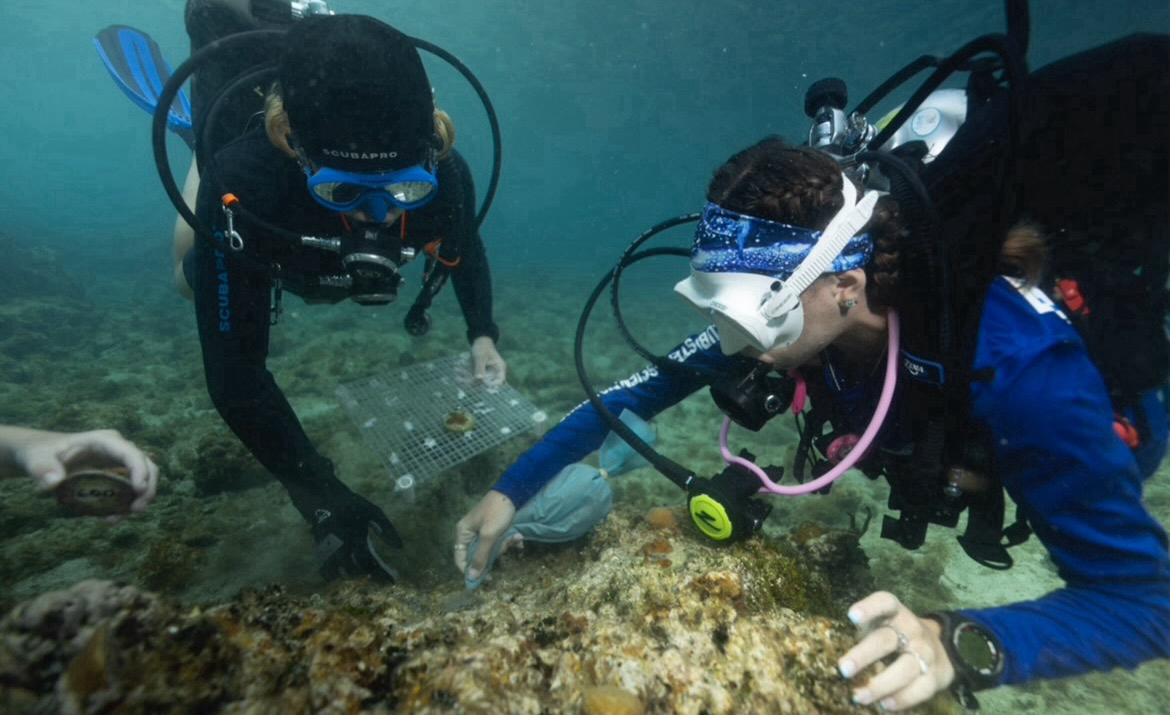Life before coronavirus is a nostalgic memory. While this pandemic has taken a toll on countless lives, the coronavirus has been quite a relief for the natural world. In the past few years, climate change has arguably become the single largest effect on the environment, resulting in Earth’s temperature rising “about two-thirds of a degree Fahrenheit”[1]. Even though the coronavirus pandemic has had a negative impact on human life all over the world, it has had an unexpected positive impact on the environment.
Perhaps one of the most obvious environmental effects of coronavirus can be seen in the skies above, as air quality has drastically improved. The original epicenter of the pandemic, China, saw a 25% decrease in carbon emissions over the span of just one month[2]. An estimated 9 million people die from air pollution each year, and it is very “likely [that coronavirus] saved 20 times more lives in China than have currently been lost due to infection with the virus in that country”[3]. In some Italian cities, the amount of nitrogen dioxide has dropped by 40% or more[4]. In New York City, carbon monoxide levels have dropped 50% from last year[5]. In Madrid, Spain, a 56% drop in nitrous oxide levels was observed[6]. In cities like Los Angeles, smog from cars and trucks no longer leaves buildings in hazy clouds. For the first time in years, the Himalayas in India can be seen from a distance[2]!

Satellite data courtesy of NASA.
People all over the world are using social media to document one of the most astonishing effects of coronavirus: wildlife taking over areas once dominated by people. Goats ran on the streets of the Welsh town of Llandudno, downtown Barcelona became home to boars, raccoons took a trip to the beach in San Felipe, Panama, and locals in Vancouver spotted orcas in the water “for the first time in decades”[2][7]. Since boats no longer make the Venetian waters cloudy with sediments, marine creatures, such as jellyfish, have been spotted in the canals of the famed Italian city[4]. Some predict that animals living in urban environments may no longer be able to rely on food waste produced by humans, and as such, animals could come to interact with humans more[4].

During the pandemic, many Vancouver locals spotted orcas in the surrounding waters for the first time in years. Image courtesy of Daily Hive News.
The environment is closely connected to the economy, which is currently taking a massive hit. As a whole species, we have “emitted close to 500 tons of CO2 for every $1 million of global GDP”[4]. Oil use decreased by about 5% at the beginning of the year, and coal, known as “the dirtiest of all fossil fuels”, decreased by 8% at the beginning of the year[8]. With coal and oil plants not functioning as usual, carbon dioxide levels have reached record lows[9]. CO2, being a greenhouse gas, has become the infamous poster child of the climate change predicament, and since it is so closely connected to gross domestic product, it makes sense that an economic recession would cause carbon dioxide levels to decrease[4]. In addition, since oil and coal are no longer in demand, due to the fact that everyone is using less electricity, cheaper renewable energy is being brought to the forefront[8]. Most recently, it was announced that renewable energy will overtake coal for the first time ever[9].
However, all this good news does not mean that the environment is completely conserved. As a specific example, medical supplies are not being discarded of properly, meaning that even more plastic is ending up in the oceans, adding to the 8 million+ tons already there[10]. As a more global example, it is currently predicted that carbon dioxide levels will “drop about 8% in 2020”[1]. That is equivalent to “roughly 2.6 billion tons”[8]. While this is hopeful news, this level of reduction would have to be maintained every year until 2030 for climate change to not have devastating consequences[4]. History also shows evidence that the environment will return to its original state once the pandemic is over. When the 2008 financial crisis subsided, greenhouse gas emissions went back up to their previous levels[8].

The coronavirus has also caused environmental damage. An increased amount of plastic waste is one example. Image courtesy of CNN.
It is clear that the coronavirus has brought much-needed attention to the importance of the environment and its inhabitants. If we use this moment in time to place an even greater emphasis on protecting our planet, we have the power to preserve our Earth for both our generation and future generations to come. In the wise words of Winston Churchill, “Success is not final, failure is not fatal: it is the courage to continue that counts.”





